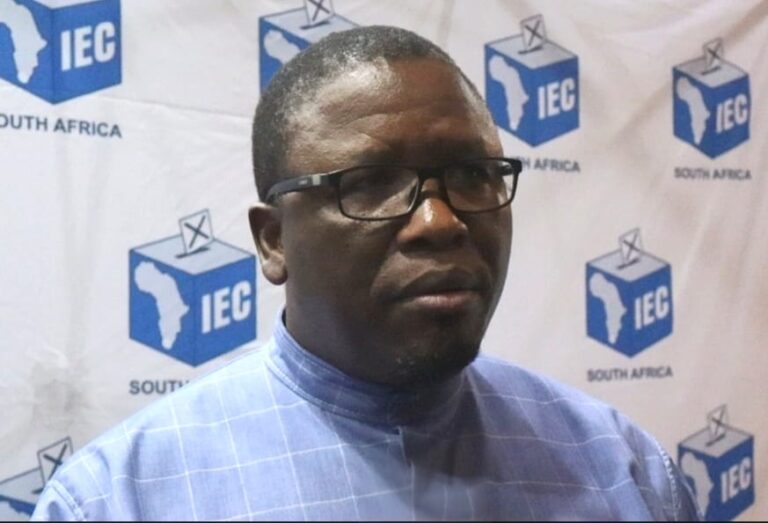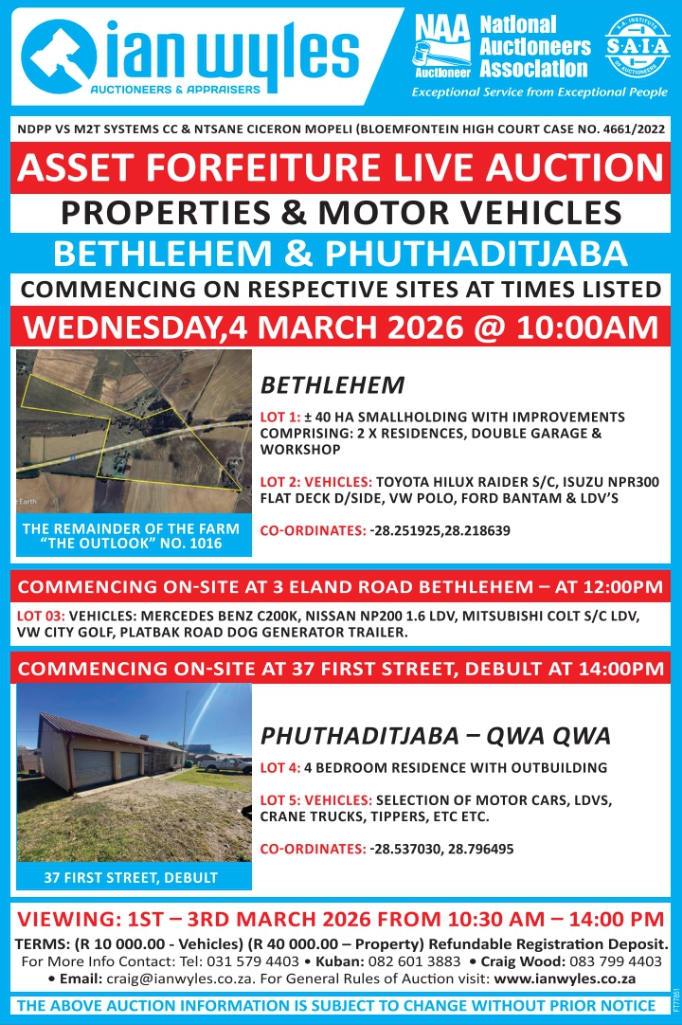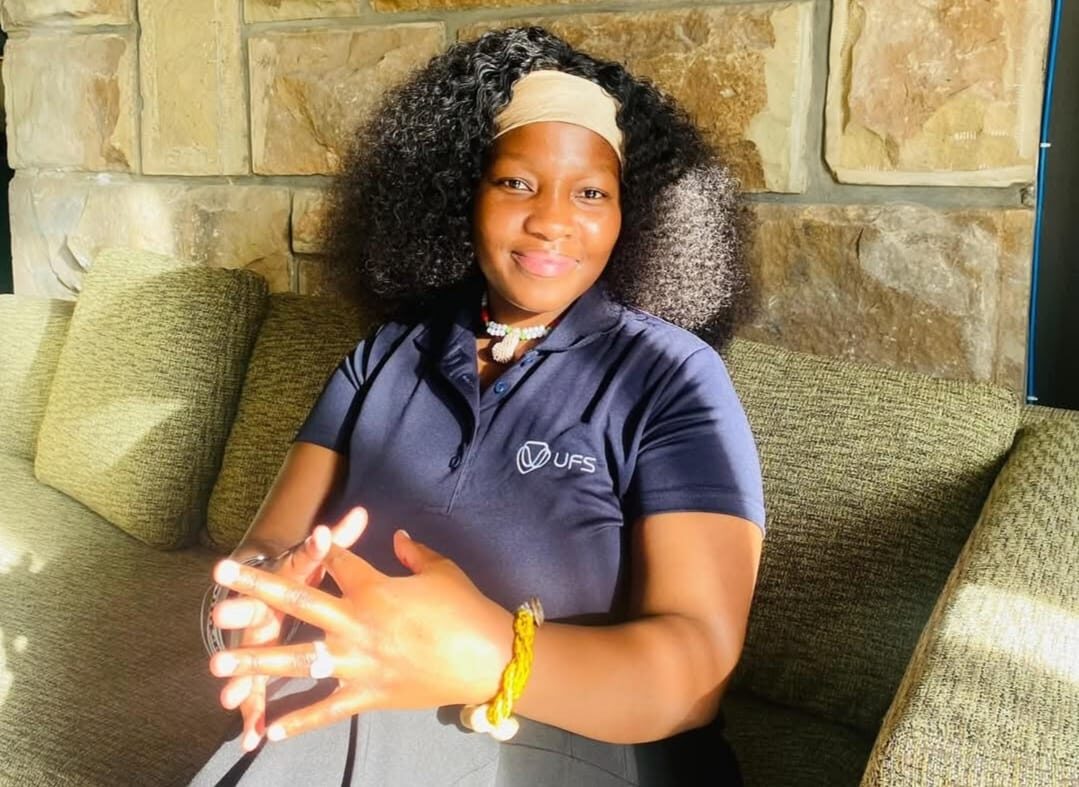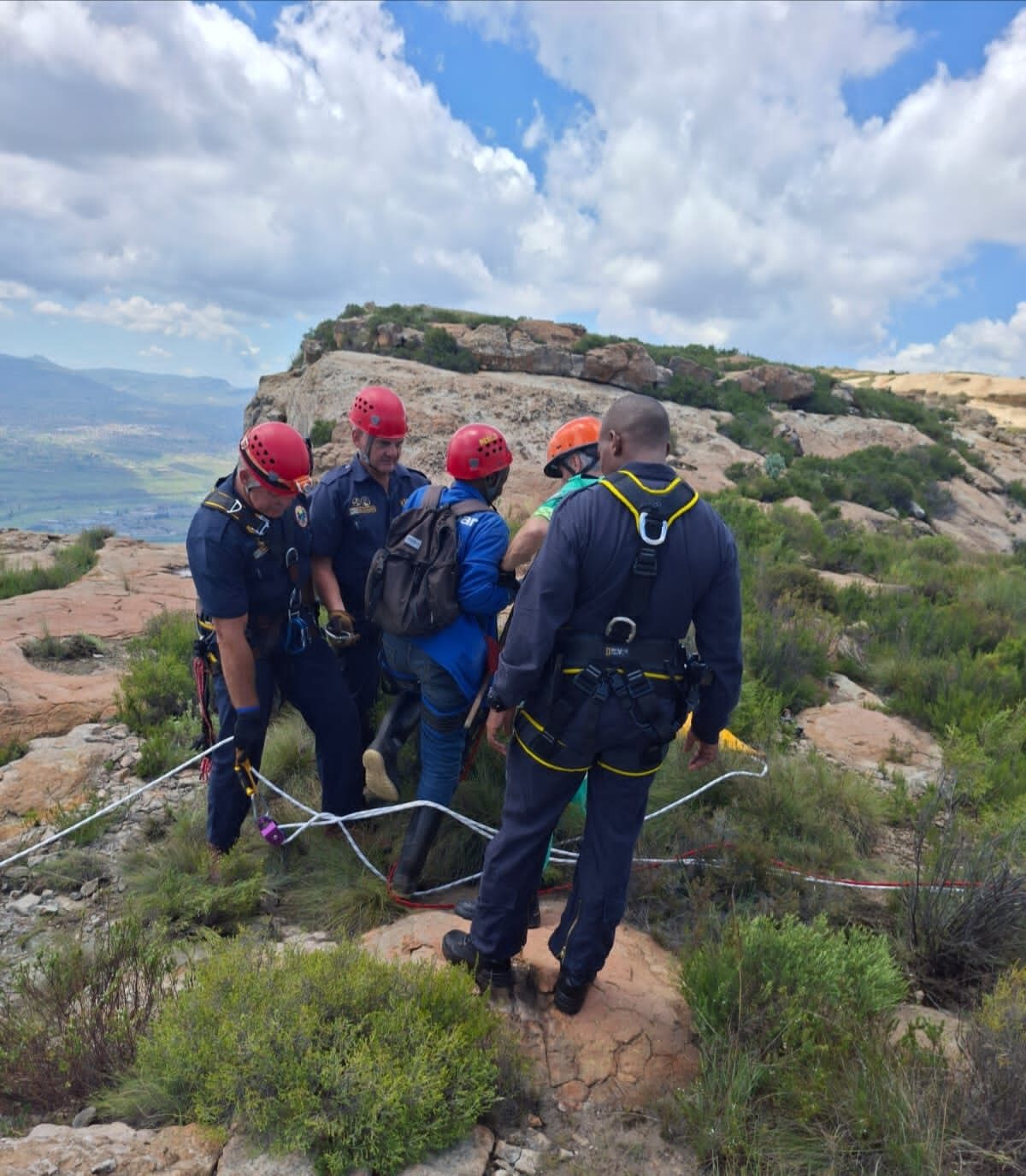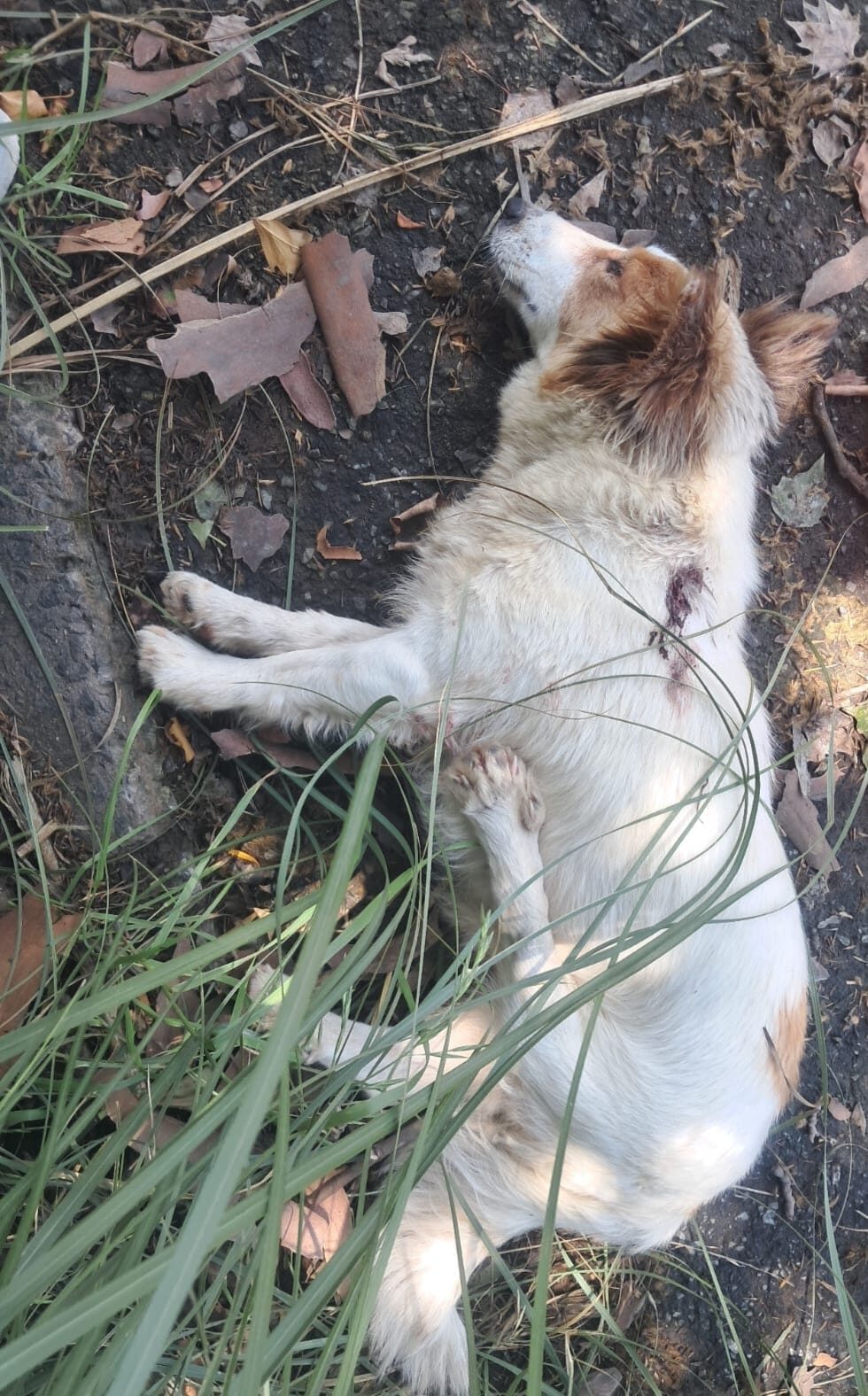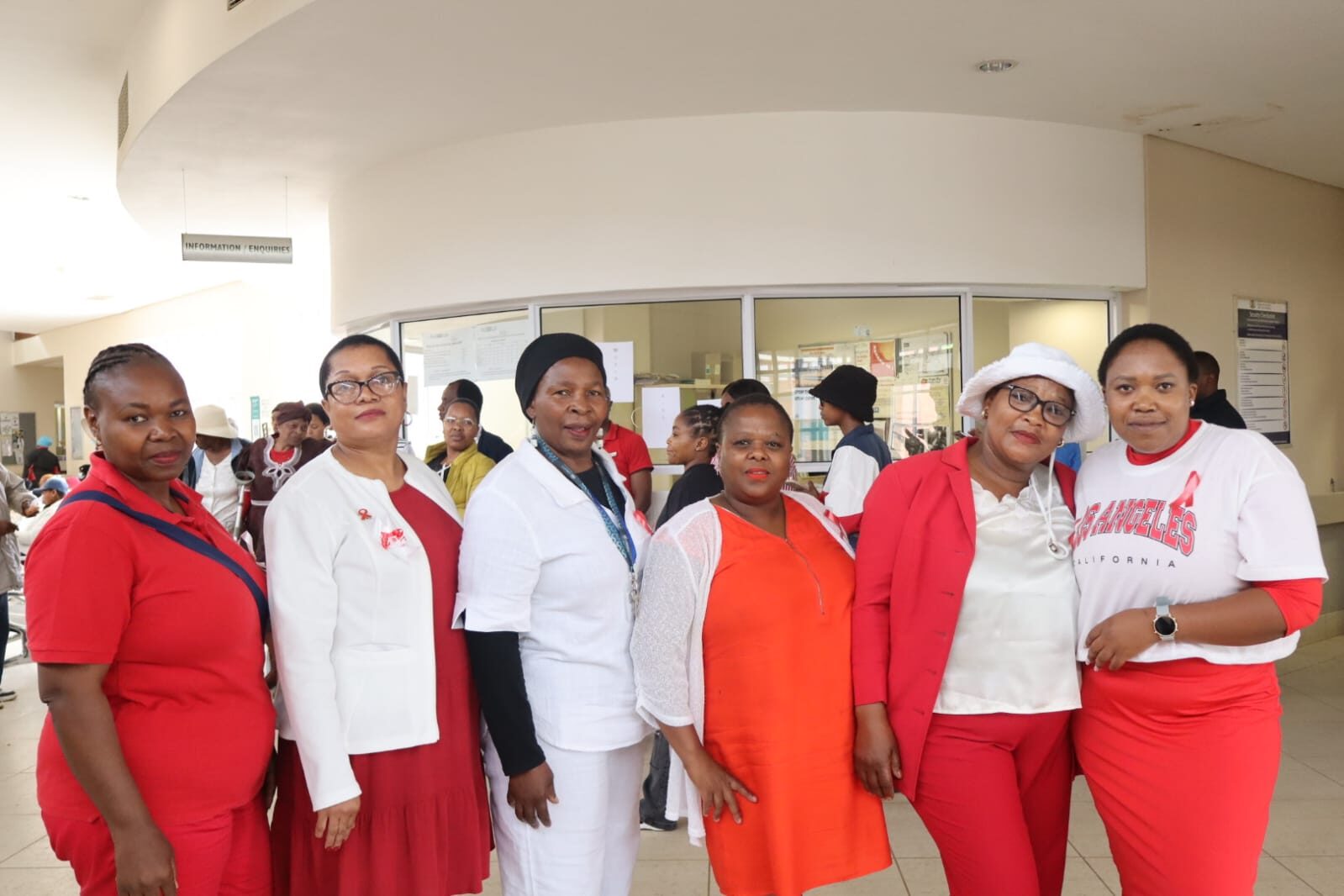By Emily Setona
QWAQWA – Traditional leaders from the region’s three councils met with the executive mayor and other key stakeholders, taking an active role in addressing the growing water crisis in Maluti-a-Phofung (MAP) local municipality.
The meeting held at the Phuthaditjhaba Multipurpose Hall on October 17 saw the leaders express their concerns about the severe water shortages affecting the area and emphasised the need for infrastructure upgrades.
Khosatsana Puleng Moloi Molaba from the Makholokoe traditional council spoke on behalf of the traditional leaders.“As traditional leaders, we know most of the places that can be revived so that people can get water, and we are ready to play our part.”
Their input highlighted the importance of reviving local water sources and ensuring that the community receives a sustainable supply of water.
The meeting, which also involved the executive mayor, councillor Malekula Melato, and other key stakeholders, focused on finding solutions to challenges such as aging infrastructure, illegal water connections, and ongoing vandalism.
Melato called for collaboration between local government, community leaders, and residents to tackle the crisis.
“There is no substitute for water, as water is life, and the water level at Fika Patso Dam has drastically dropped, so every drop counts. We cannot afford to waste water,” she said. She further urged traditional leaders, councillors, and community members to use water sparingly.
Provincial Head of the Department of Water and Sanitation (DWS), Dr. Tseliso Ntili, provided an update on efforts to address the crisis, announcing that work on the Fika Patso Dam was nearing completion.
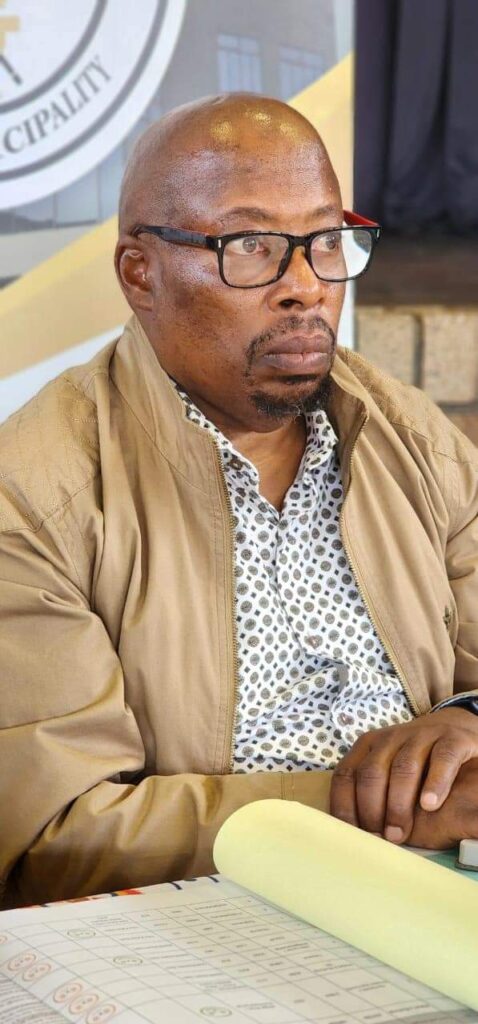
Provincial Head of the Department of Water and Sanitation (DWS) Dr. Tseliso Ntili during an engagement session with MAP leadership to mitigate water crisis issues.
“I urge all community leaders to care for their newly renovated water infrastructure. As leaders, it is our responsibility to ensure that the considerate use of water becomes the new norm. The community also needs to protect water resources from illegal connections and vandalism,” Ntili said.
A follow-up meeting has been scheduled to continue addressing the water crisis and ensure that traditional leaders remain actively involved in finding long-term solutions.
The community was reminded to report any water leakages so that they can be addressed immediately. Businesses, schools, funeral homes, and car washes were also urged to save water, as bulk water users contribute significantly to local consumption. With the situation remaining dire, both the municipality and traditional leaders are hopeful that these collaborative efforts will help mitigate the crisis and ensure a sustainable water supply for all.







